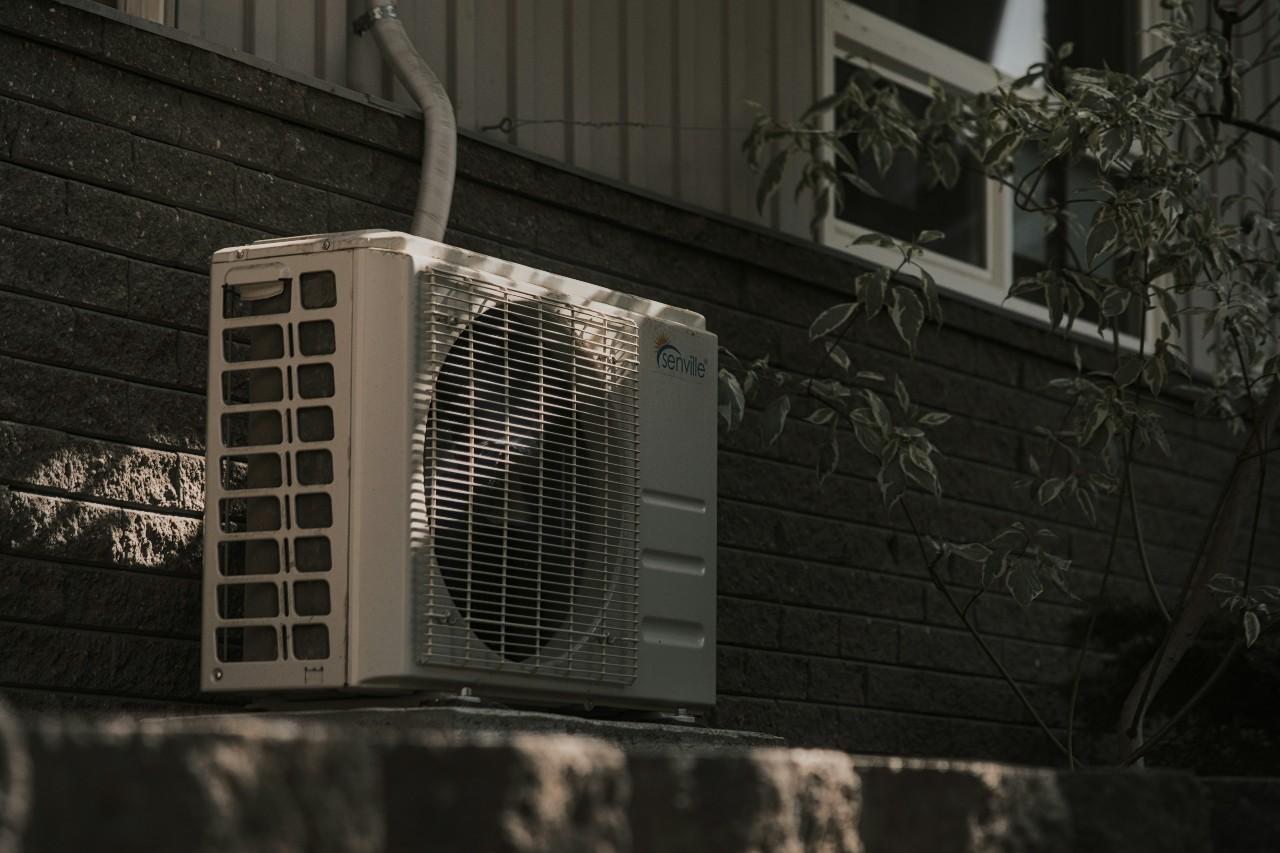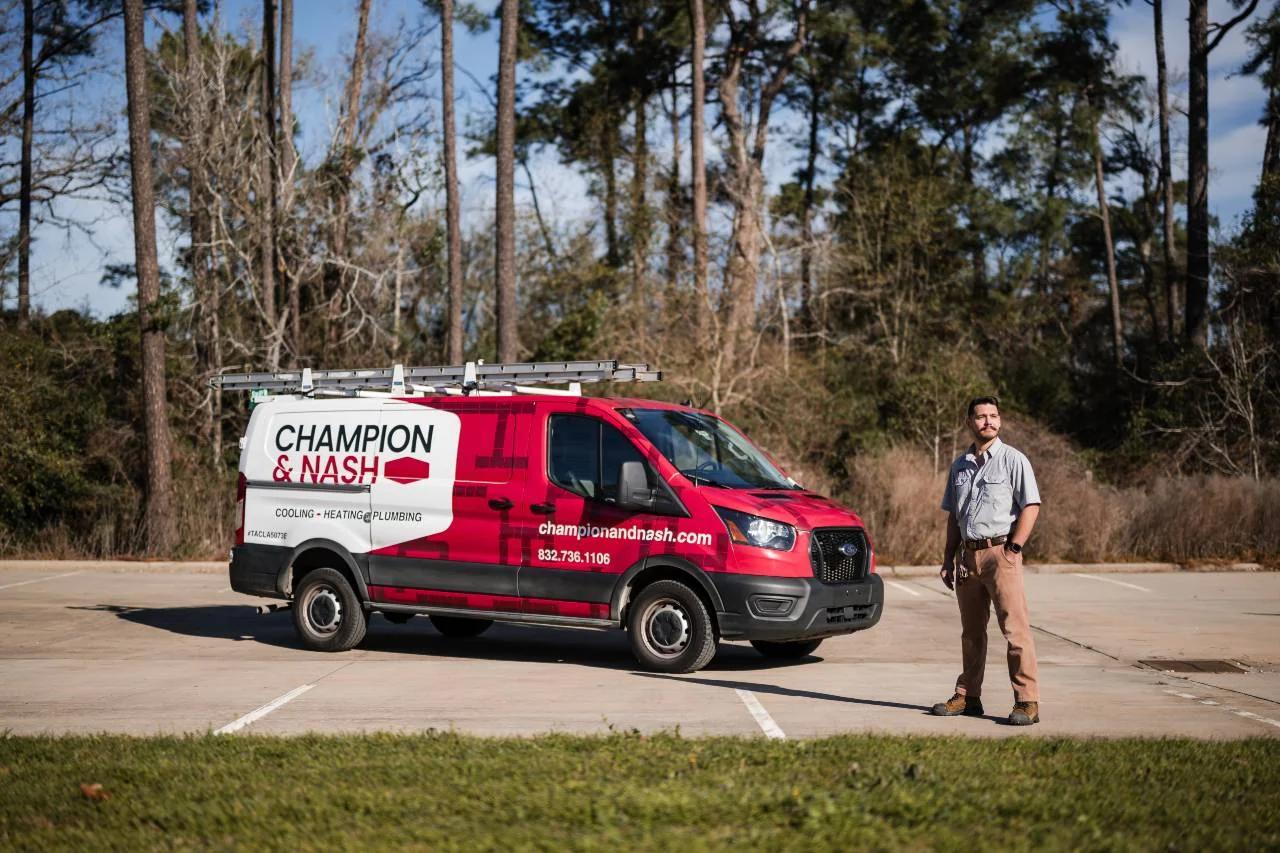Learn what to do with your AC after summer. Follow simple post-season steps to keep your system clean, efficient, and ready for Houston’s next heat wave.

When the summer heat fades in Houston, homeowners often turn off their air conditioners without a second thought. But your AC needs more than just a simple shutdown. Taking the right steps after summer ensures your system stays efficient, clean, and ready for next year’s heat waves. In this guide, we’ll walk through everything you need to know about what to do with your AC after summer, from cleaning to professional maintenance.
Your air conditioner works hard through the hottest months. Dust, humidity, and long running hours all take a toll. Ignoring your unit once the temperature drops can lead to breakdowns or poor performance next season. By taking care of your AC after summer, you can extend its lifespan, lower future repair costs, and keep indoor air quality high.
A little care now saves a lot of money later. Minor issues like clogged filters, loose parts, or small refrigerant leaks can worsen over time if left unchecked.
Dirty coils or filters force the unit to work harder, wasting energy and raising utility bills when you turn it back on next year.
Moisture and dust left inside your system can grow mold or bacteria during the off-season. Post-summer maintenance prevents that.
Here are practical steps homeowners can take to prepare their system for cooler months.
Before doing any maintenance, switch off the power to your AC at the breaker or disconnect box. This keeps you safe while cleaning or inspecting components.
After a long summer, filters are usually full of dust and pollen. Replacing or washing them ensures clean airflow and prevents dirt from spreading into the ducts.
Learn more about filter care from Champion and Nash’s AC maintenance service.
Remove leaves, branches, and debris around your condenser. Gently rinse the fins with a hose to remove dust and grime. Don’t use high pressure—it can bend the fins.
Inspect the outdoor unit for dents, corrosion, or oil spots. These could indicate refrigerant leaks or other problems that need professional attention.
For expert help, schedule an AC repair appointment before winter sets in.
Some homeowners like to cover the condenser with a breathable AC cover to keep out debris. Avoid using plastic sheets that trap moisture—that can lead to rust and mold.
Switch your thermostat to heating mode to make sure it works properly. This helps you avoid unpleasant surprises when cold weather hits.
Annual tune-ups are the best way to keep your system reliable. Certified HVAC technicians can spot hidden issues and prepare your unit for next season.
Book your appointment with Champion and Nash AC experts to get your system professionally serviced.
If you use a window or portable AC, proper storage is essential to prevent damage.
Wipe the exterior, clean the filter, and drain all water before storing.
Place it in a dry area like a closet or garage. Avoid basements with high humidity.
Wrap the cord loosely to prevent cracking, and cover coils with a soft cloth to keep dust off.

Houston weather is unpredictable. While summer brings extreme heat, fall can still be humid. That humidity can cause discomfort and damp indoor air if your AC is neglected.
If your home starts to feel clammy, check out this helpful resource from Homes & Gardens to learn more about controlling moisture inside your house.
Also, keep in mind Houston’s weather swings—as reported by Houston Public Media – extreme heat can return earlier than expected. Staying ready ensures your system can handle sudden temperature spikes.
Taking care of your AC after summer offers multiple long-term benefits.
A well-maintained AC can last up to 15 years or more. Dirt and neglect shorten its life significantly.
A clean, tuned system maintains even temperatures and better humidity control next season.
Removing dust, mold, and bacteria buildup helps you breathe easier indoors.
Efficient systems consume less power, keeping your monthly costs down.
Professional inspections can uncover issues before they turn into expensive repairs.
While some steps are easy DIY tasks, a licensed HVAC technician can perform deeper inspections and tests that go beyond surface cleaning.
Champion and Nash’s technicians are trained to handle these tasks safely and efficiently.
Even when your AC is off, there are ways to keep your home comfortable and energy-efficient.
Use weatherstripping or caulking around windows and doors to prevent drafts.
If you use a programmable thermostat, set it to energy-saving temperatures for fall and winter.
Make sure vents are unobstructed by furniture or curtains to maintain good airflow.
If your system hasn’t had a duct cleaning in a while, now’s a good time to schedule one to remove dust and allergens.
Once winter ends, you’ll want your AC to perform at its best again. Keeping up with seasonal care now will save you time and money when the first heat wave returns.
After summer, turn off the power, clean or replace filters, remove debris from the outdoor unit, and schedule a maintenance check. This keeps your system clean, prevents rust or mold buildup, and ensures it’s ready for next year’s use. Professional technicians can inspect refrigerant levels and electrical components to catch hidden issues before they worsen.
Covering your AC is optional. If you live in a leafy area, a breathable cover can keep debris out. Avoid plastic or airtight covers—they trap moisture and can cause rust. In most Houston homes, where winters are mild, keeping the unit uncovered and clean is usually fine.
You can, but it’s often unnecessary. As temperatures drop, running your AC can waste energy. Instead, open windows for ventilation when it’s cool outside. Use ceiling fans to maintain airflow if needed.
Your AC removes moisture from the air while cooling. When you turn it off, indoor humidity can rise, especially in Houston’s climate. A dehumidifier or short cooling cycles can help. Learn more about dampness issues from Homes & Gardens.
The best times for maintenance are spring and fall. Fall servicing focuses on cleaning, inspecting, and protecting your unit after heavy use, while spring maintenance prepares it for summer demand. Champion and Nash offers year-round AC maintenance plans to keep your system performing at its best.
Before summer returns, remove any cover, reconnect power, replace filters, and run a test cycle. Schedule a tune-up with a certified technician to check refrigerant, inspect electrical parts, and confirm airflow efficiency. Early preparation ensures reliable cooling when Houston’s heat rises again.